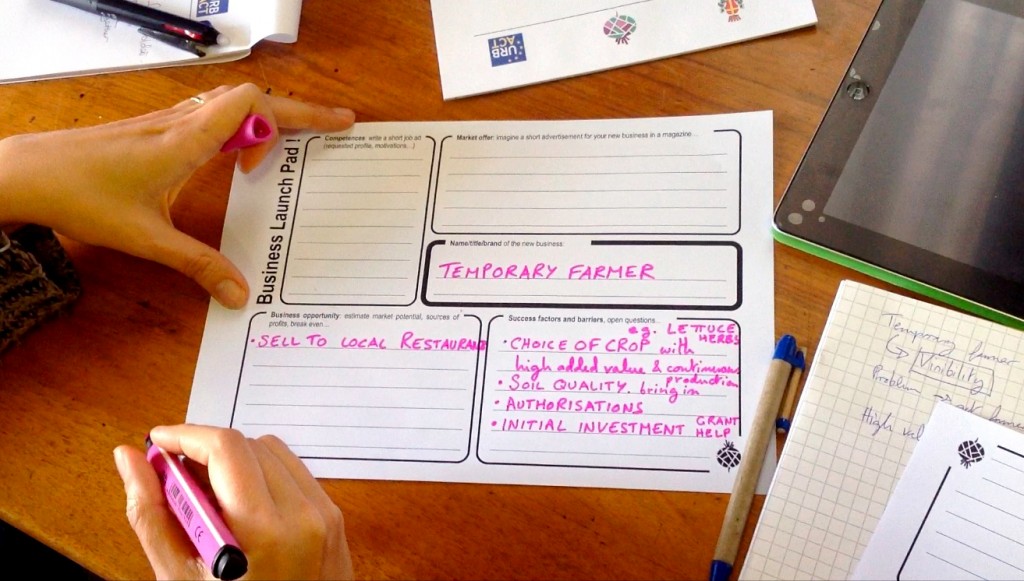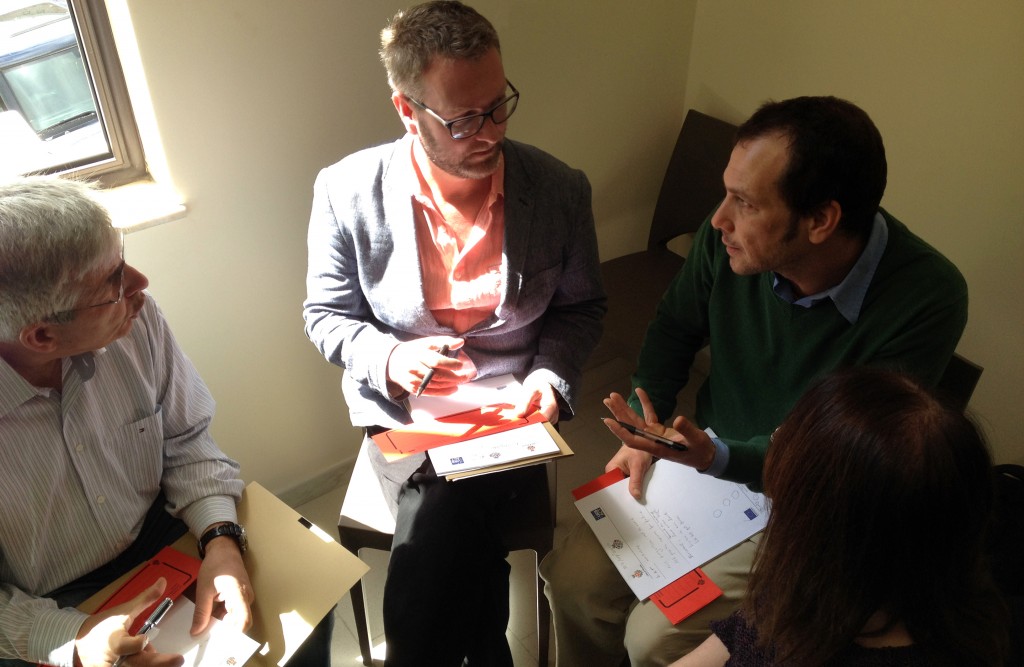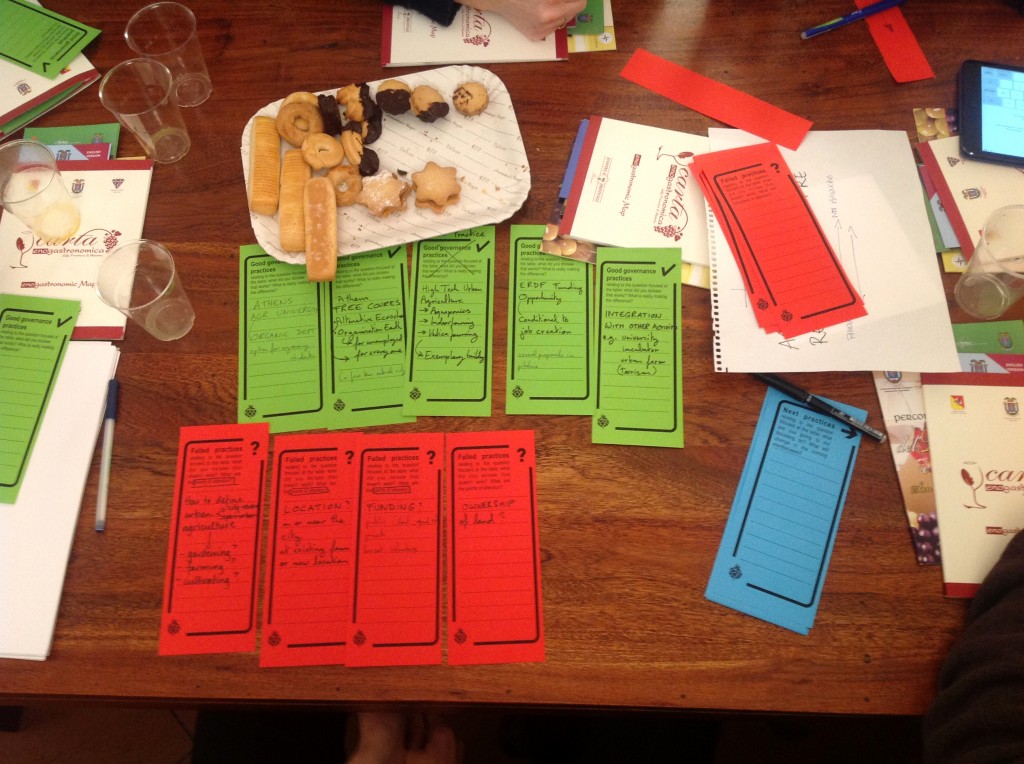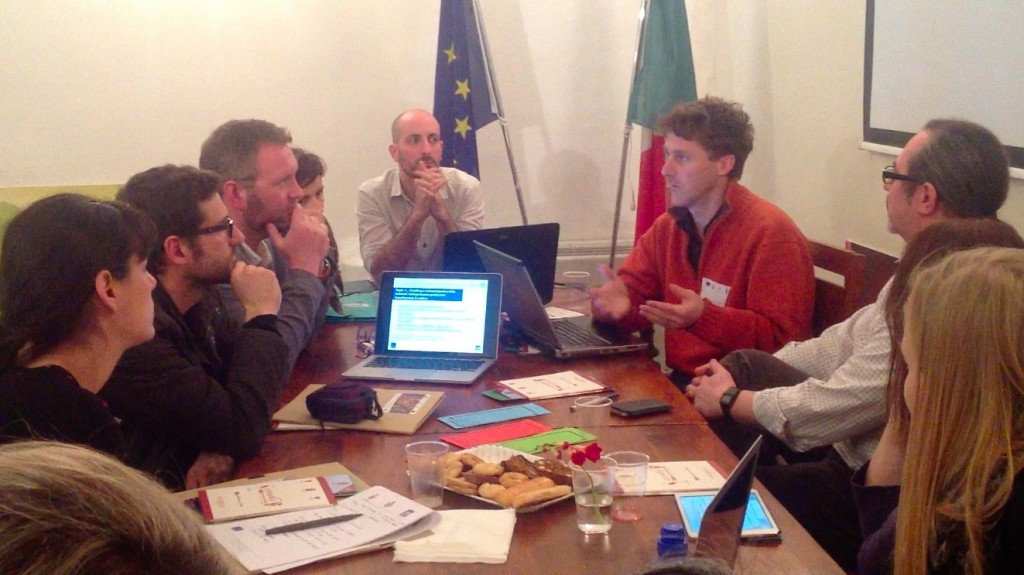Messina Transnational “Growing” workshop programme and presentations
The theme of Growing explores all possible ways to grow food near or in the city centre. It includes: fostering sustainable agricultural growth in urban and periurban areas thanks to urban planning strategies; the use of derelict lands; safeguarding and improving the fertility of lands; developing new technologies that do not need so much land to grow; encouraging decentralised individual, community and commercial fruit and vegetable gardens, and food production; encouraging households and citizen ’organisations’ to grow food in the city, in gardens, in parks, on public and private green spaces, on rooftops, on balconies…
In this theme, partners firstly wish to address land use including urban planning and related policies that will support “growing”. Secondly, urban agriculture functions shall be defined (productive, recreational & symbolic/educational) and available technologies and their environmental impacts shared, establishing a common language within the network.
Techniques and technologies to tackle brown fields that are present in many partner cities are of particular interest.
THREE CROSS-CUTTING QUESTIONS
QUESTION 1: Governance, synergies & local system:
How can we link promising food practices, make synergies, increase resilience, and create a vision of a coherent local food system?
This question applies to all three themes combined (growing, delivering, enjoying). It requires learning from each other’s food governance approaches (e.g. Bristol’s food policy council, Amersfoort’s bottom-up facilitation…), drawing on the URBACT methodology & capacity building related to Local Support Groups and Local Action Plans. It requires an initial inventory/mapping of what is already in place in the partner cities in the area of sustainable food, to take targeted actions to generate synergies, upscale initiatives and strengthen the local food system.
QUESTION 2: Social Inclusion, Jobs & Economics:
How can we use sustainable food to reduce food poverty, foster (re)engagement with growing and cooking food, include marginalised and underprivileged population groups and enhance cohesion between communities?
How can we consolidate promising food practices and transform them into sustainable businesses and upscale sustainable food initiatives to reach more of the population?
QUESTION 3: CO2 & resource efficiency:
How can we check and improve promising food practices to reduce emissions and impact on resources and energy?
Wednesday 26 March 2014
Focussing common opportunities & blockers…
Morning Workshop: Multiple functions of growing in urban context
Workshops:
- Potential of jobs/companies creation of urban food agriculture and transformation, Business launch pad from the Transnational Meeting Toolkit: what are the new emerging job/entrepreneurship and what are the conditions that could favour their emergence… (video)
 During the “Business launch pad from the Transnational Meeting Toolkit” workshop
During the “Business launch pad from the Transnational Meeting Toolkit” workshop
- Common opportunities and blockers in food production and preparation: opportunities or blockers/burning questions in food production and preparation common to subgroups of participants are discussed in order to focus good practices, share ideas or creatively invent new solutions
During the “Common opportunities and blockers in food production and preparation”
Site visits:
- “Villarè” urban farm
- “Cuppari” agricultural high school
Focussed Speed Presentation Night: nine Messina local support group cases and ten projects from city partners focusing on one specific topic set in advance. They all are to be found on this blog in the Messina GROWING 3/14.
Thursday 27 March 2014
Focussing LAPs…
Site visit: ITC Antonello (high school & Albatros foundation)
Workshops:  During the Evil Projection
During the Evil Projection
- Checking and improving LAPs : checking the coherence of the LAPs: are draft LAPs focused enough to be achievable while keeping the big picture? Are expected results coherent with initial vision and goals?
- Evil projection (video)
- Improving LAPs overall strategy
- OPERA, identify actions in a more structured way: The goal of this exercise from the URBACT toolbox is to identify actions for the LAP, to prioritise them and structure them. We propose to conduct this exercise focussing the Growing topic of the meeting and to conduct is at the network level. In other words, the 10 participating cities will collaborate together starting from their own local experience in order to generate a common set of actions, structure and discuss it. The benefit will be to collectively generate a set of promising generic actions to adapt locally…
Friday 28 March 2014
Morning Wrap-up: Discussing the results obtained and planning next steps for the meeting in Lyon:

